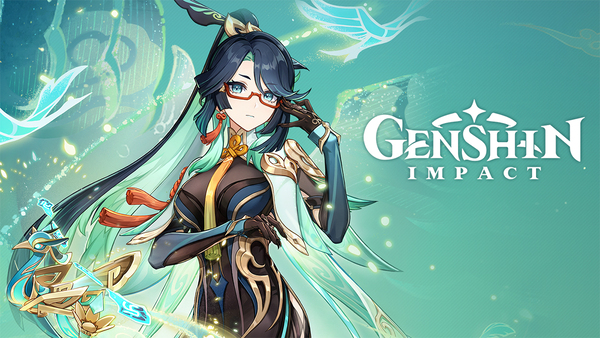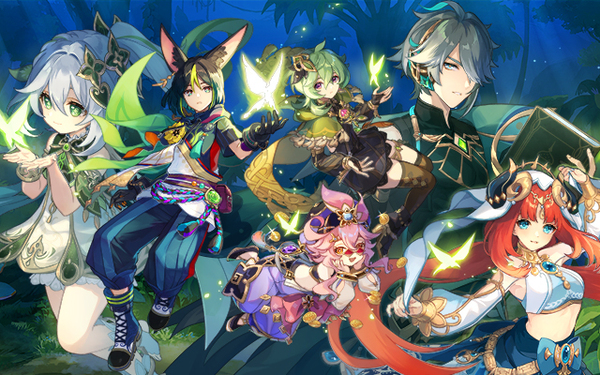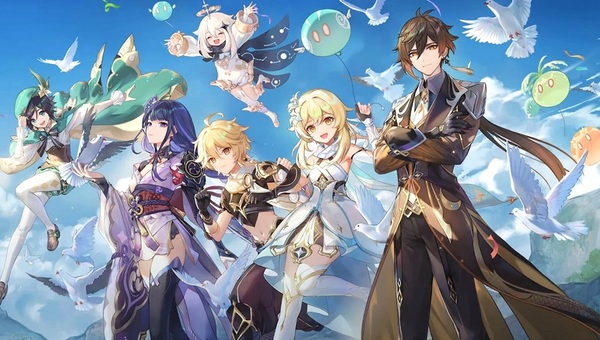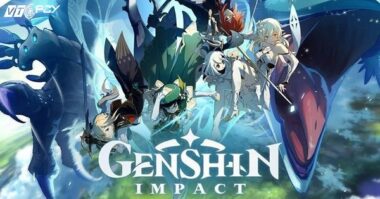Genshin Impact, developed by miHoYo, has taken the gaming world by storm with its open-world exploration, stunning visuals, and engaging gameplay. However, its monetization strategy has sparked significant debate, particularly regarding its implementation of “pay-to-win” mechanics. This article delves into the complexities of these mechanics, examining their impact on player experience and the broader implications for the gaming community.
The Evolution of Monetization in Genshin Impact
Introduction to Gacha Mechanics
At its core, Genshin Impact employs a gacha system—a form of randomized reward system where players spend in-game currency to receive random items or characters. This system is central to the game’s monetization strategy, allowing players to obtain powerful characters and weapons through chance rather than gameplay progression.

Gacha vs. Traditional Models
Traditional game monetization often involves one-time purchases or expansion packs. In contrast, the gacha system creates ongoing revenue opportunities by encouraging frequent spending. While gacha mechanics are not new, their integration into a high-budget game like Genshin Impact has magnified their impact on players.
Impact on Gameplay and Player Experience
The Allure of Rare Characters
One of the primary draws of the gacha system is the acquisition of rare and powerful characters. Players are incentivized to spend real money to obtain these characters, which can offer significant advantages in gameplay. This can create a sense of urgency and excitement but also leads to concerns about fairness and accessibility.
The Influence on Competitive Play
In competitive gaming, fairness is paramount. The gacha system in Genshin Impact can create disparities between players who spend money and those who do not. Players who invest in the game may have access to stronger characters and weapons, potentially giving them an advantage over non-paying players. This dynamic can disrupt the balance of the game and lead to frustration among those who choose not to spend money.
Psychological Impact on Players
The Role of RNG (Random Number Generation)
The randomized nature of the gacha system can be psychologically impactful. Players may experience frustration or disappointment when they do not receive desired items, leading to a cycle of spending in hopes of better outcomes. This “chasing the dragon” effect can be emotionally taxing and financially draining for some players.
The FOMO (Fear of Missing Out) Factor
Limited-time events and exclusive characters can exacerbate the fear of missing out (FOMO). Players may feel compelled to spend money to obtain limited items before they are no longer available, leading to impulsive spending and potential regret.

Ethical Considerations
The Impact on Younger Audiences
Many Genshin Impact players are younger gamers who may not fully understand the financial implications of gacha spending. The game’s design can encourage excessive spending among these players, raising ethical concerns about the targeting of vulnerable demographics.
Transparency and Regulation
The transparency of gacha odds is a significant ethical issue. In some regions, regulations require developers to disclose the probabilities of obtaining various items. This transparency can help players make informed decisions but does not necessarily mitigate the potential for excessive spending.
Community Reactions and Developer Response
Player Feedback
The Genshin Impact community has been vocal about their concerns regarding gacha mechanics. While some players enjoy the thrill of the system, others criticize it for creating an uneven playing field and encouraging spending. Community forums and social media discussions often reflect these diverse opinions.
Developer Practices
miHoYo has responded to community feedback by implementing changes and adjustments to the gacha system. This includes increased transparency, occasional free giveaways, and efforts to balance the game. However, the core mechanics remain a central aspect of the game’s monetization strategy.
Alternative Monetization Strategies
Success Stories
Other games have experimented with alternative monetization strategies, such as subscription models, one-time purchases, and cosmetic-only microtransactions. These models can provide ongoing revenue without relying on chance-based systems, offering a different approach to monetization.
Lessons for the Industry
The success and criticism of Genshin Impact’s gacha system provide valuable lessons for the gaming industry. Developers must consider the impact of their monetization strategies on player experience and ethical standards. Finding a balance between revenue generation and player satisfaction is crucial.
Future Prospects
Evolving Monetization Models
As the gaming industry continues to evolve, developers will likely explore new monetization models. The success or failure of current models like gacha systems will influence future decisions and innovations in game design.
Impact on Game Design
The way games are monetized can influence overall game design. Developers may prioritize systems that maximize revenue while still providing a fair and enjoyable experience for players. The challenge lies in creating models that are both profitable and respectful of player investment.

Conclusion
The “pay-to-win” mechanics of Genshin Impact highlight the complexities of modern game monetization. While the gacha system offers opportunities for excitement and revenue, it also raises important questions about fairness, player experience, and ethical considerations. As the industry navigates these challenges, finding a balance that respects players and sustains financial success will be key to shaping the future of gaming.


